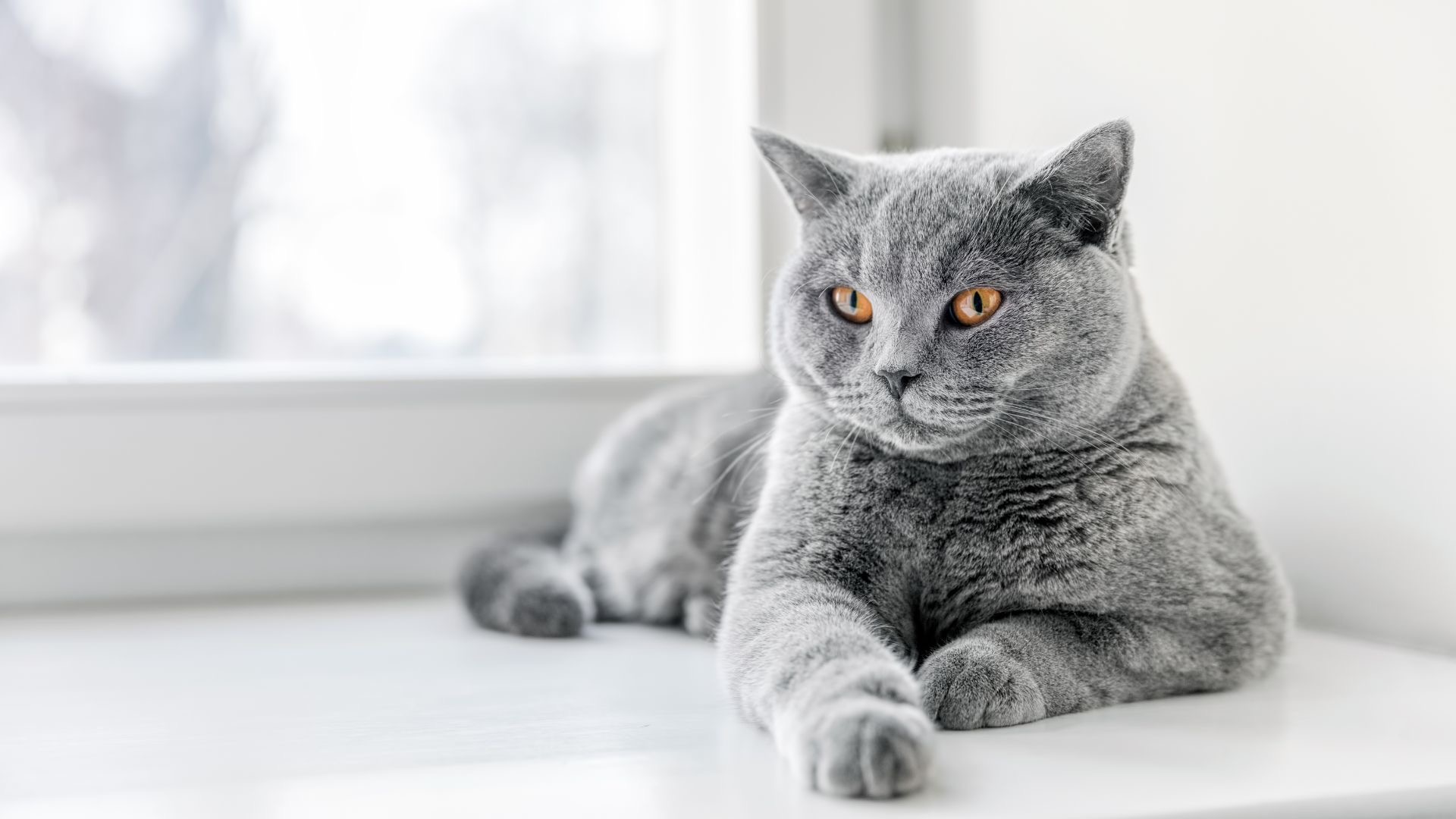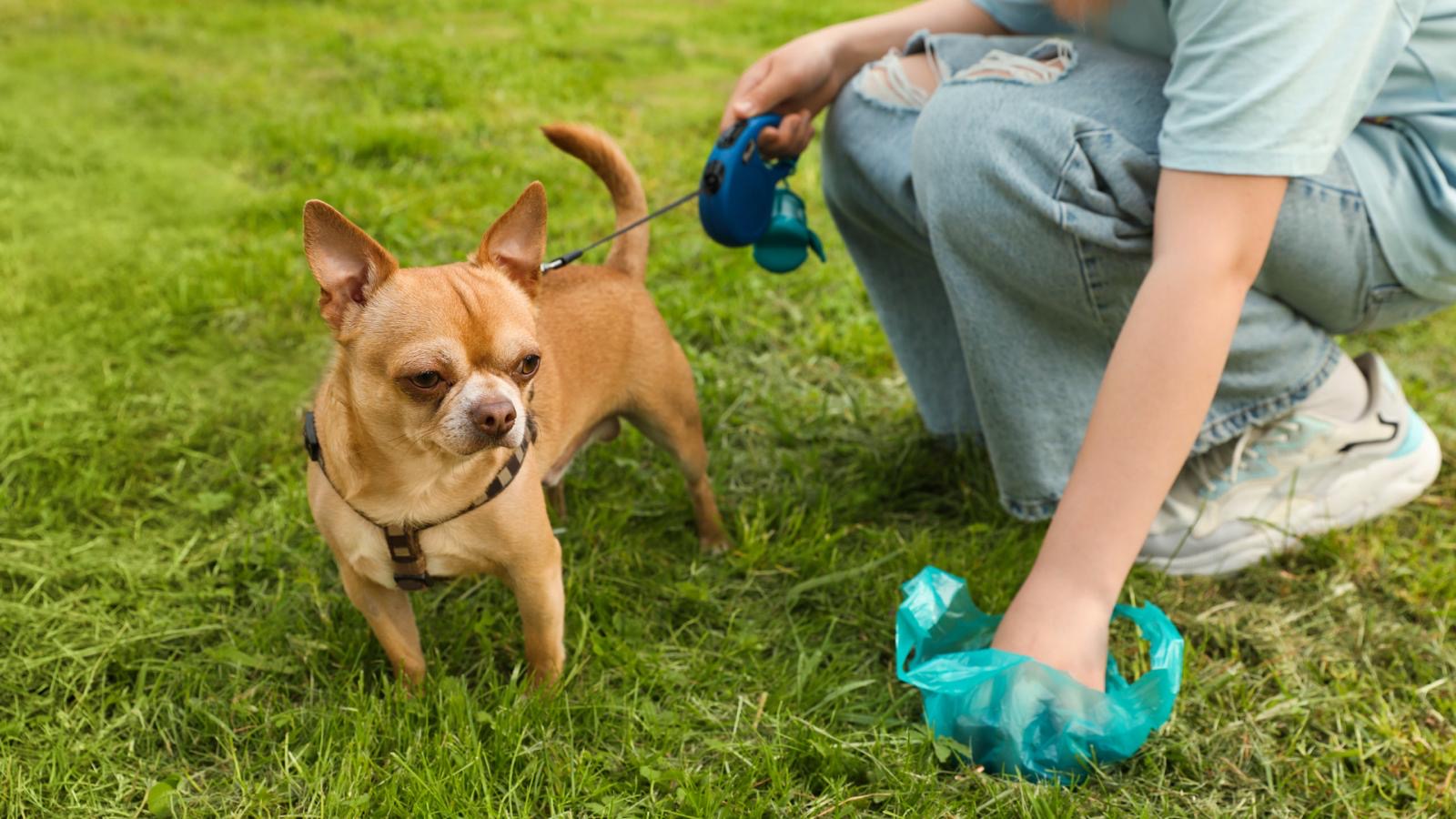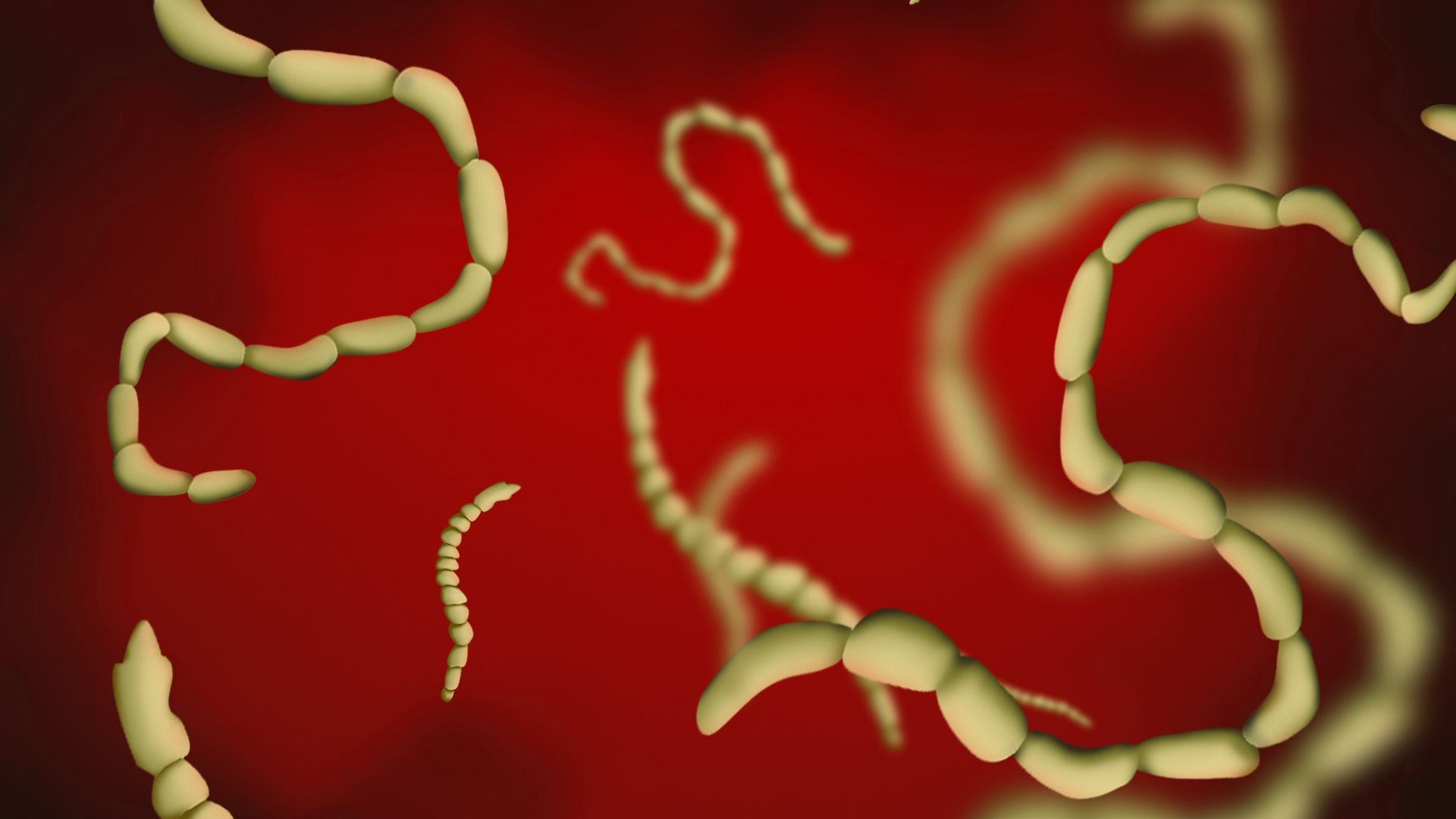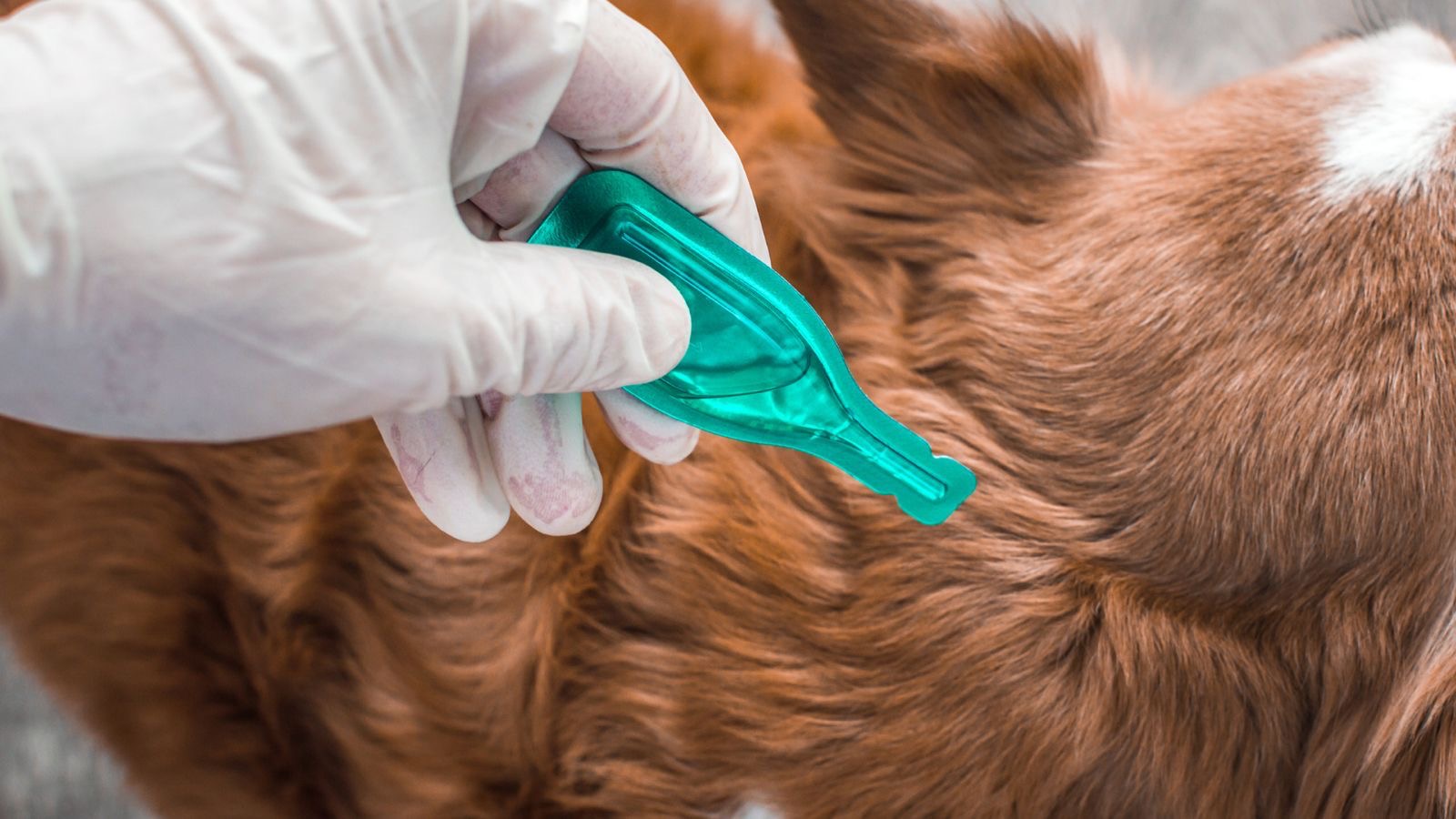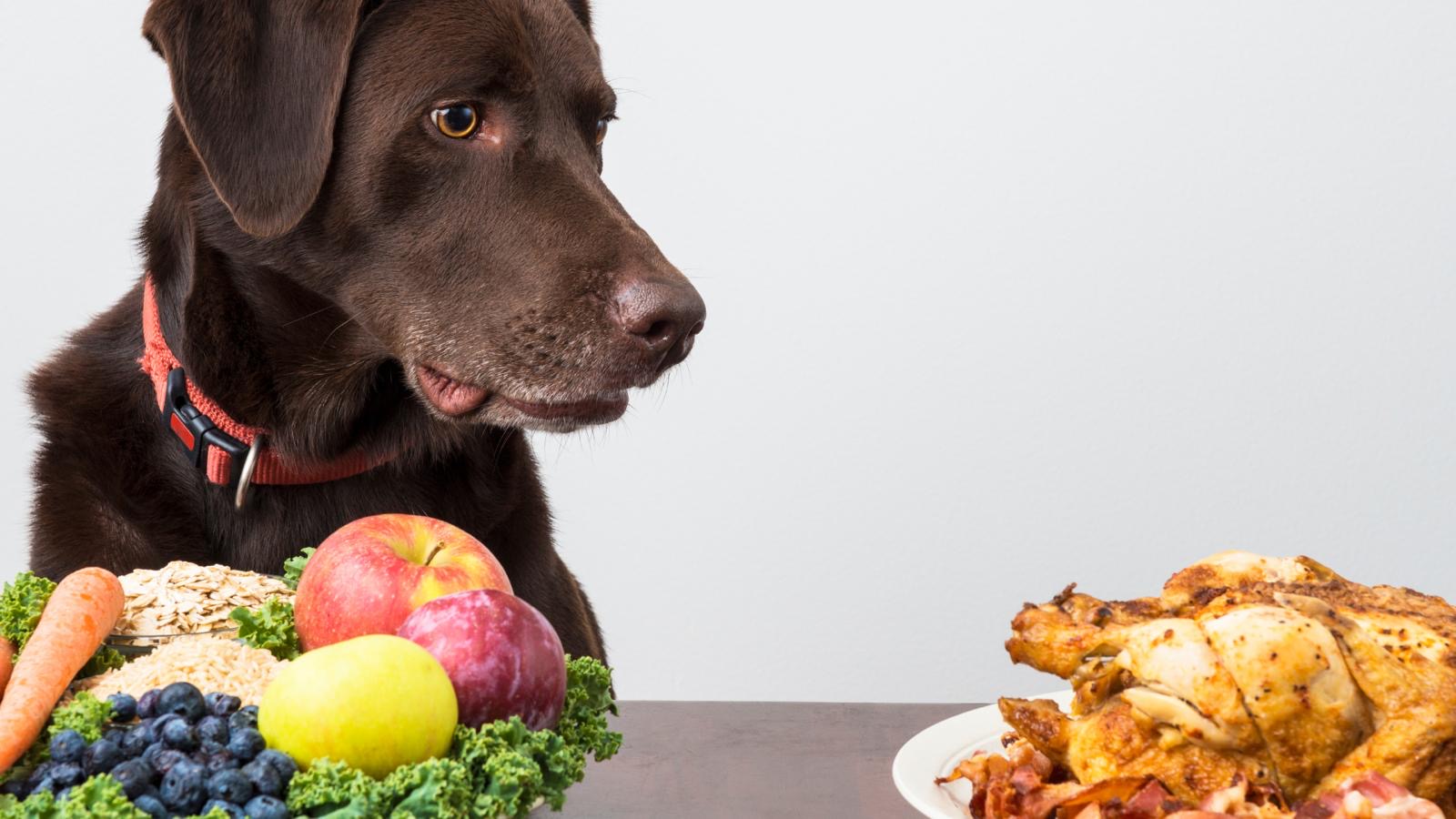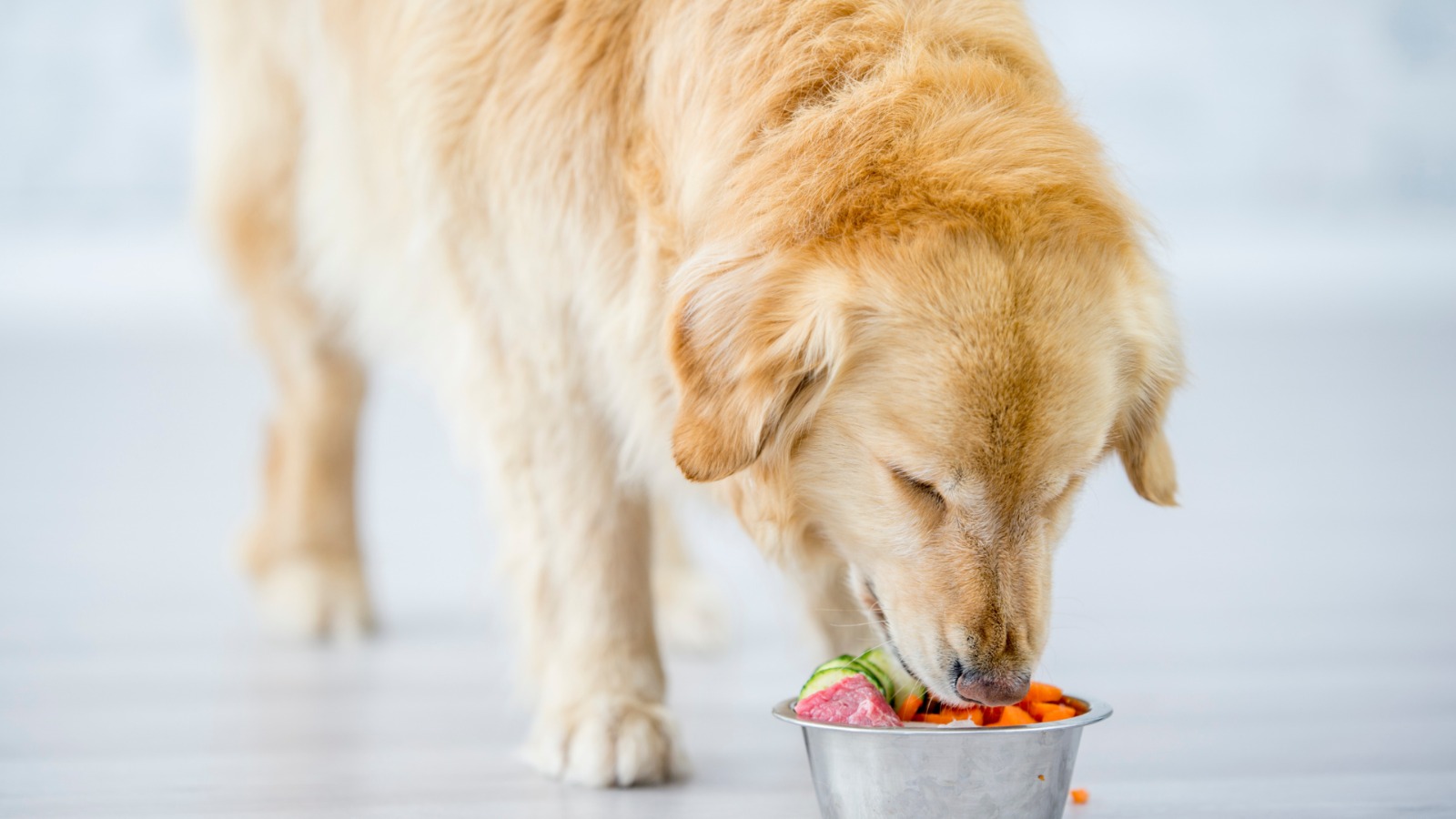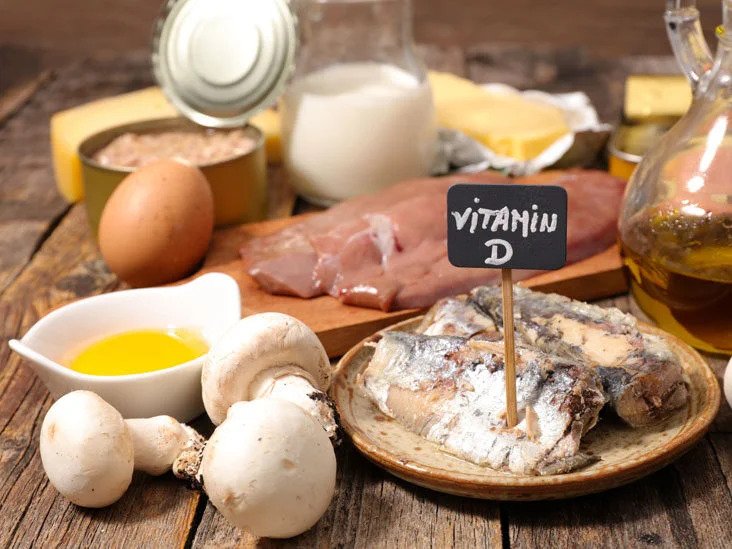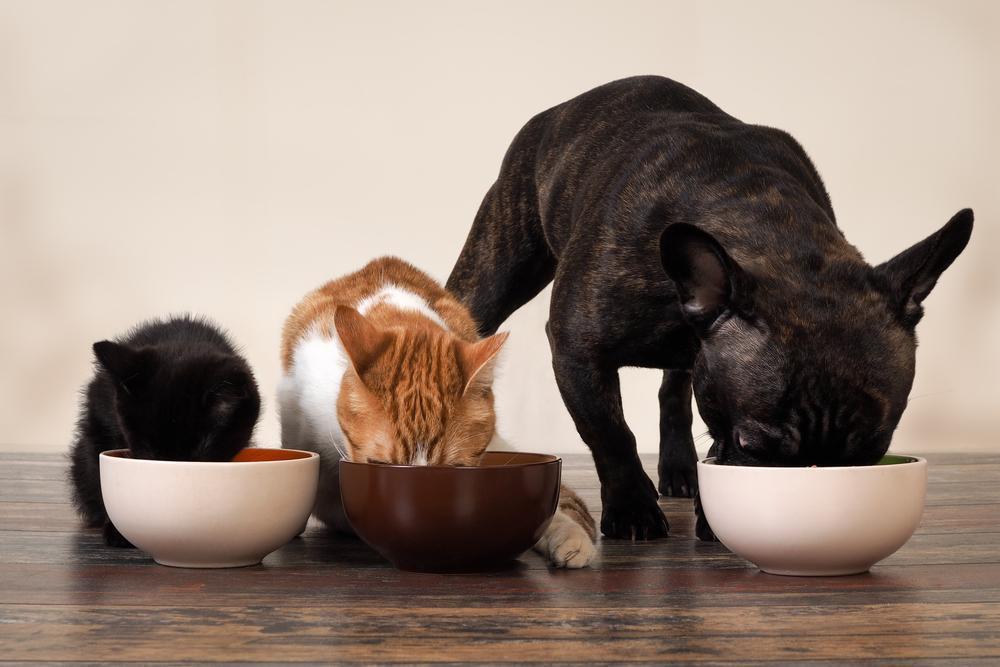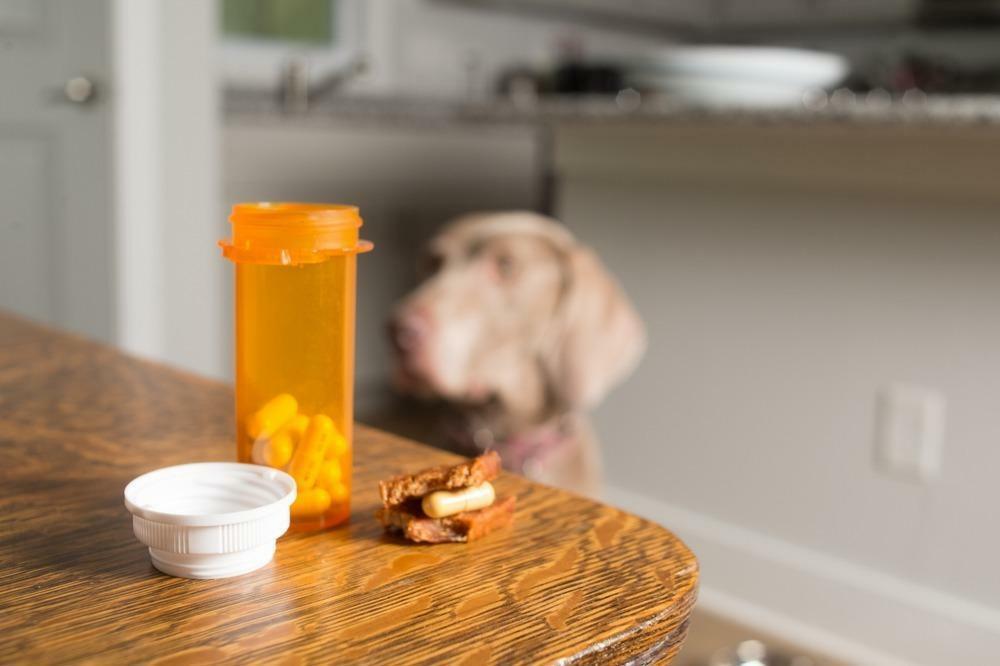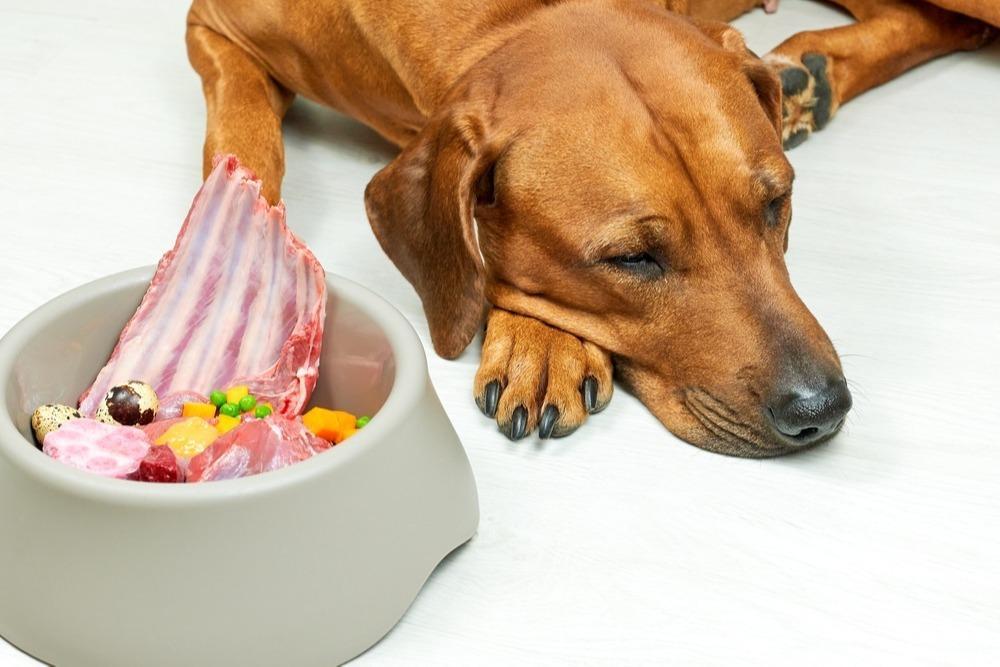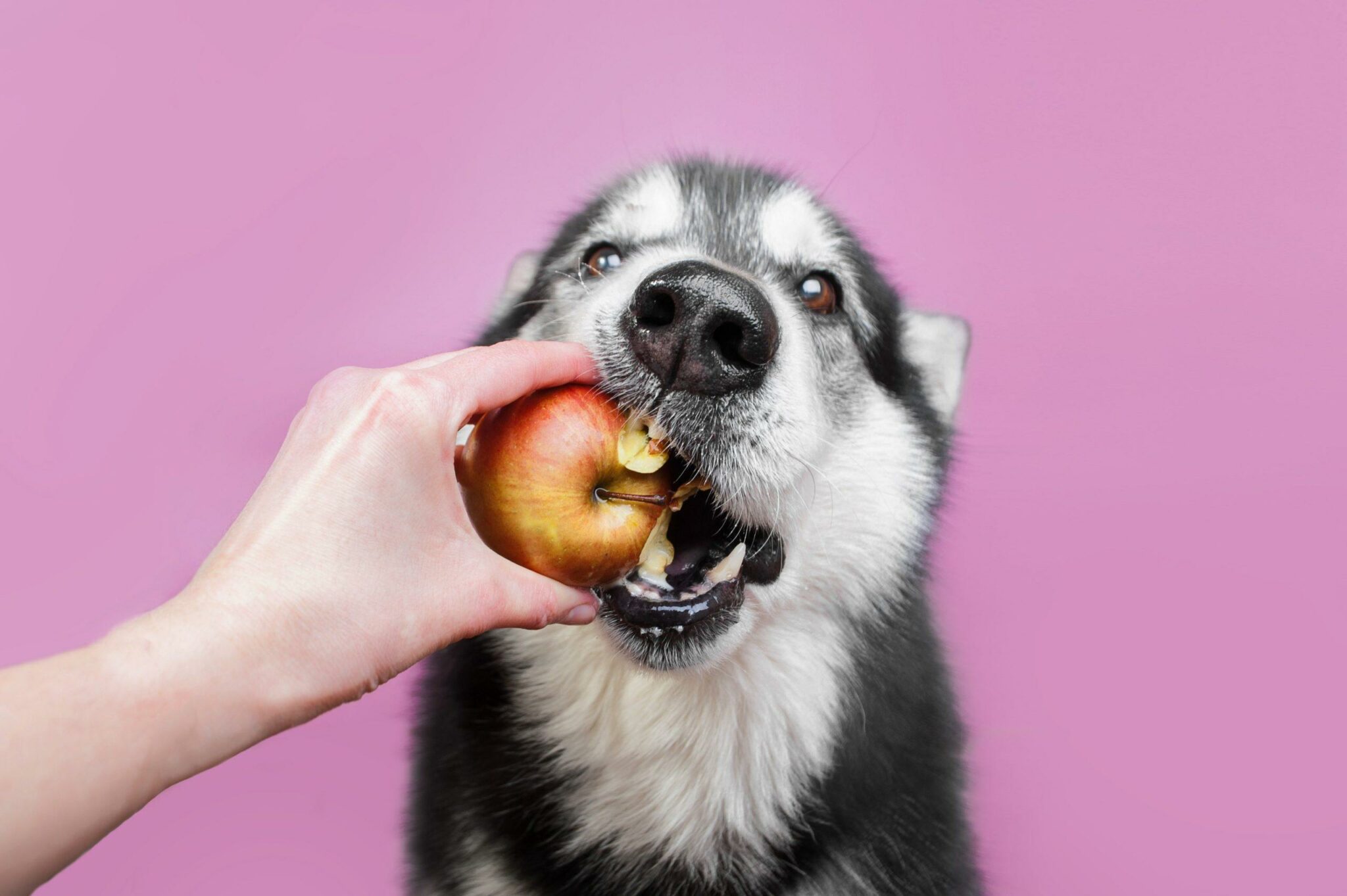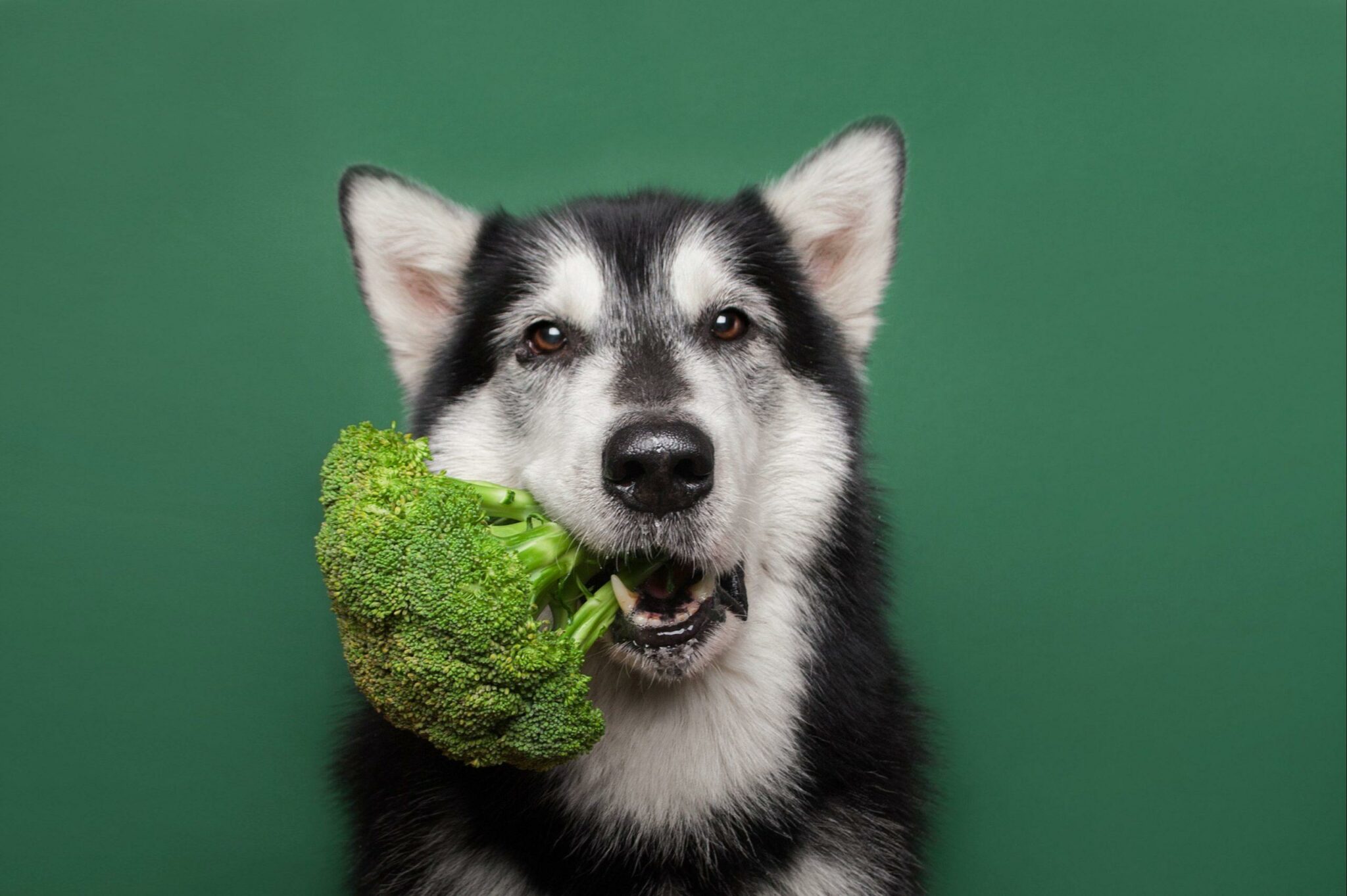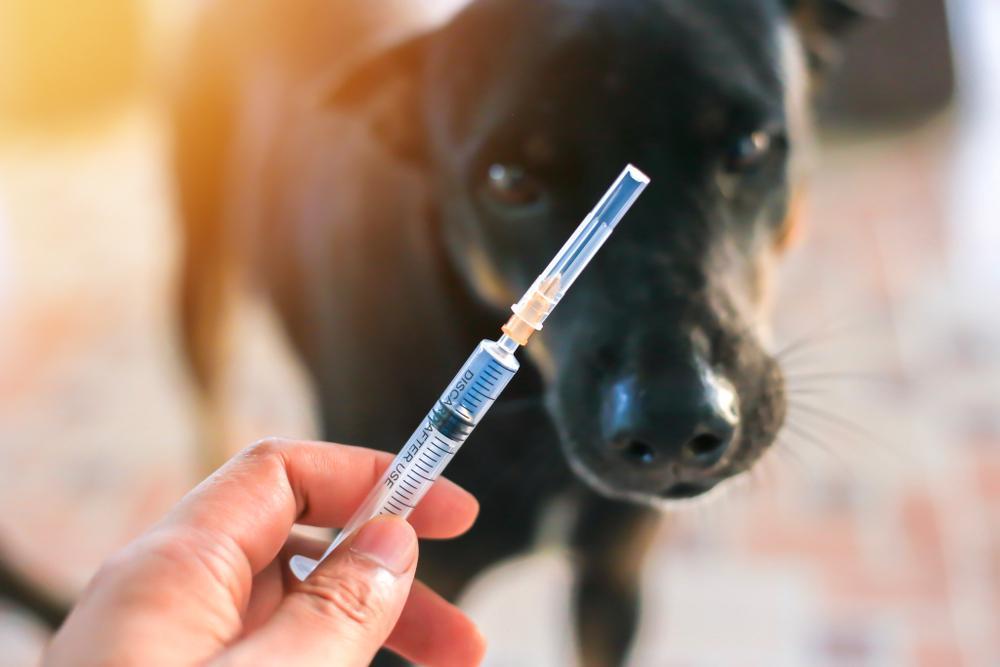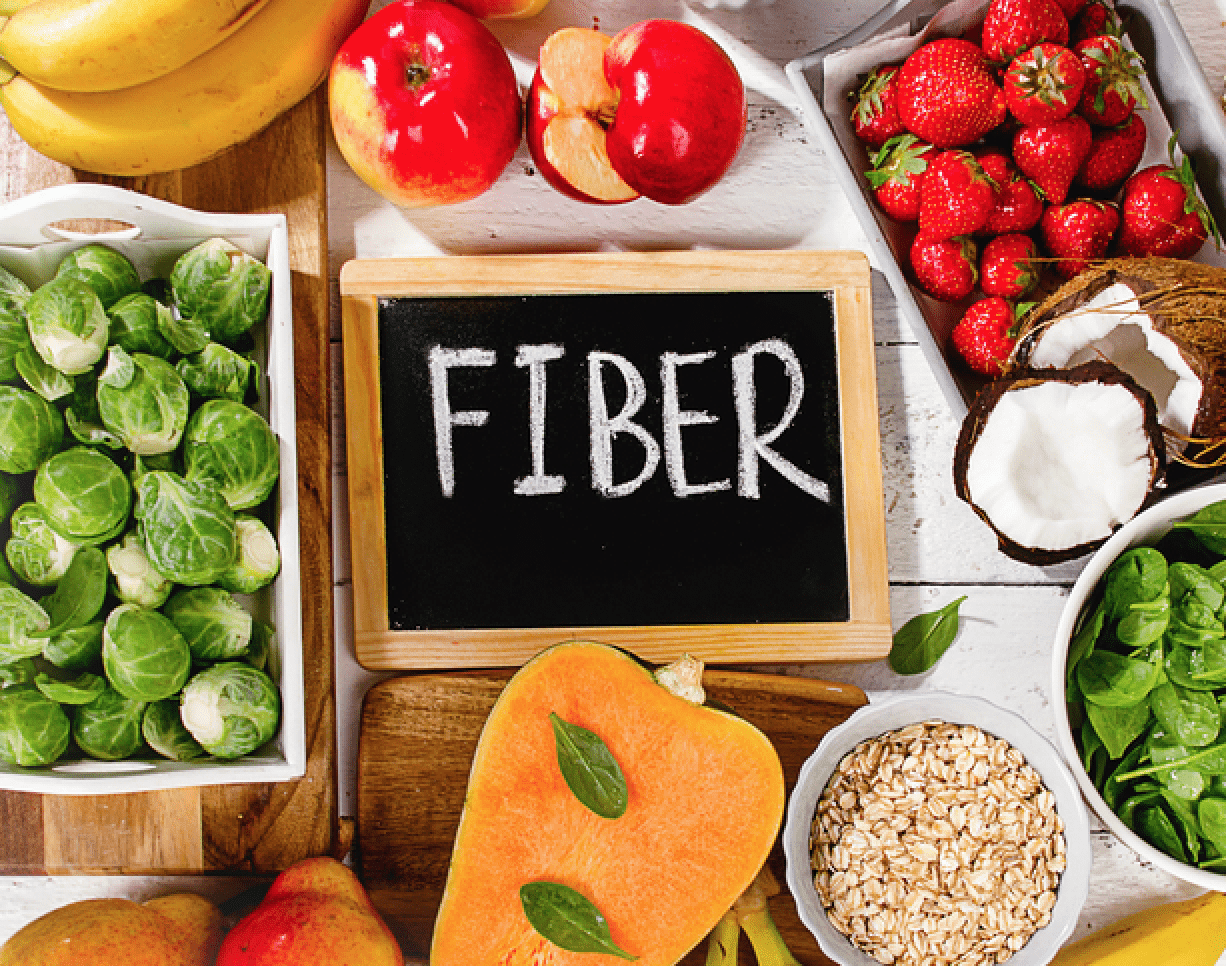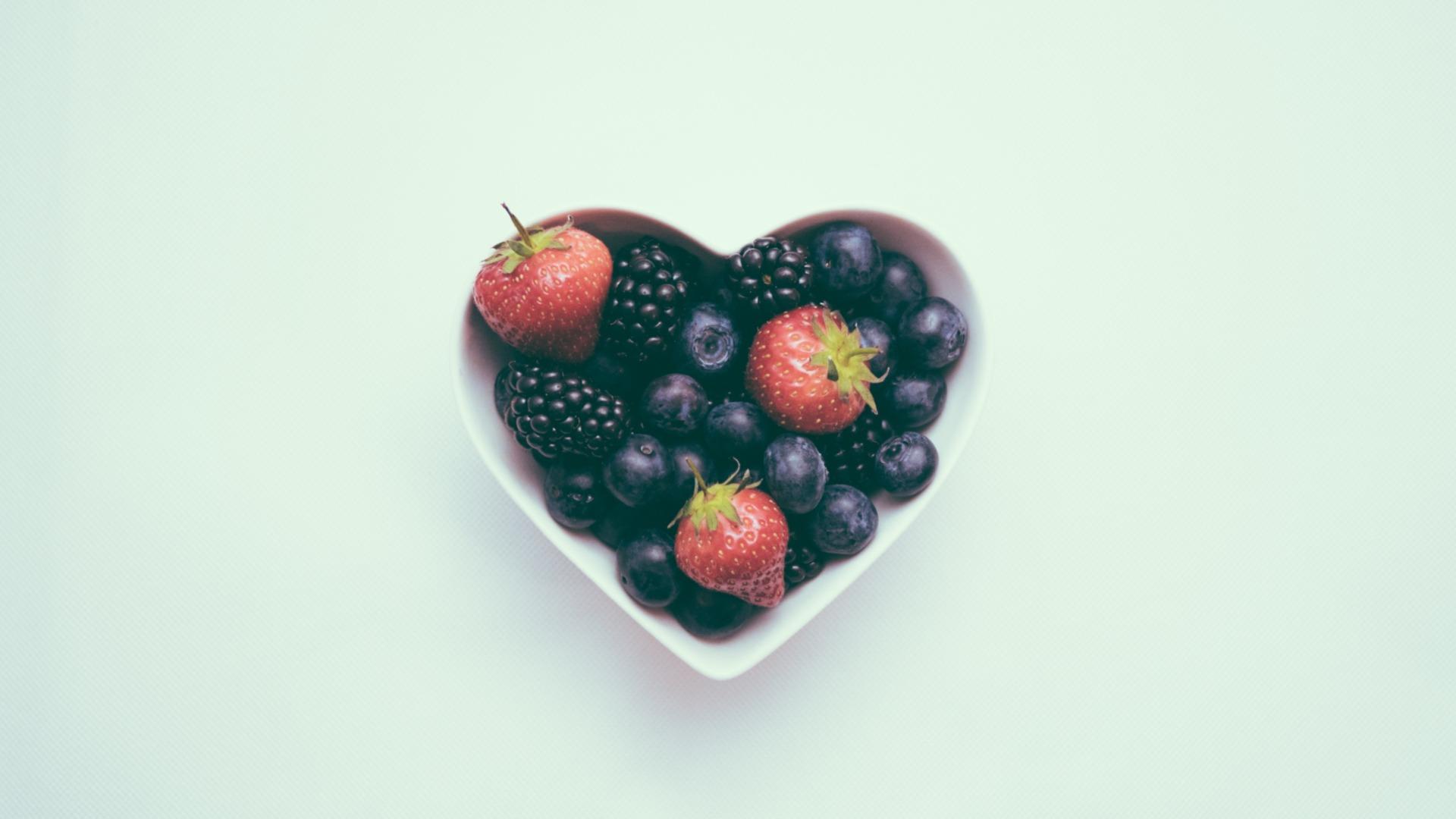
We’re all guilty of it, when we bring pets into our lives, we pull out all the stops. We research everything because we want to give them the best life possible and whilst our bank account may be empty, our hearts are full.
But, in this process, we often forget to care for ourselves. This is especially true if we are supporting a poorly pet. The issue here is that we can’t pour from an empty cup. The reality is that if we want to care for our pets in the best way possible, we must also care for ourselves.
We wanted to share our three non-negotiables when it comes to supporting pet owner health.
Sleep is vital for health.
Sleep not only supports immune function, brain health, muscle recovery and more but it also plays a key role in optimal mental health.
Poor sleep is regularly linked to depression, anxiety and other mental health challenges. Sufficient REM sleep facilitates the processing of emotional information too, which can be even more important for us owners supporting a poorly pet.
Practicing good sleep hygiene is essential, but we can also consider how our own nutrition influences our sleeping too!
Chrononutrition is the study of how when we eat influences our health – for example, shift workers eating during nighttime have reduced insulin tolerance compared to those who eat during the day. Furthermore, rising early, and feeling alert when doing so is linked with better dietary control. In other words, we are more likely to make good food choices if we rise with the sun, and go to bed with the moon. This is particularly important when we consider how our food choices in turn affect how we feel and behave (we’ll look at this a little later).
Top Tips for Improved Sleep:
– Try grounding – Studies have shown that walking barefoot outside (where safe – think on the grass in the garden) improves both sleep and mood.
– Try blue blockers – artificial light suppresses melatonin production and this is the hormone that helps us feel sleepy. Most of us head to bed with our phones or shortly after watching TV for a couple of hours. Consider looking at blue blockers for screen time and try to disconnect from technology completely for a couple of hours before bed. Engaging in that heated discussion on social media just before bed results in your body amping up, not calming down, so be realistic on whether it’s the blue light keeping you awake or what you’re exposing yourself to.
– Increase oxygen in your bedroom – some of the best “oxygen boosting” plants include: English Ivy, Aloe Vera, Areca Palm, Snake Plant and Peace Lily.
– Avoid excitotoxins in your diet – you tend to find excitotoxins in processed foods, but they do go by a range of names including: carrageenan, MSG, aspartame, E numbers, BHT and other preservatives. Just like the name suggests they ramp up activity in your nervous system – which isn’t ideal if you’re trying to settle for the evening.
What’s really interesting is that studies have shown (in the absence of worry and anxiety about said pets), that having pets in our lives improves our sleep efficiency and quality too!
We can often get into a much better routine when we have pets in our lives, and routine is key to optimal sleep!
Being dog owners, we tend to head out in all weathers anyway, but this really is so important for our health. Not only the cardiovascular benefits of physical exercise, but just simply being outside in nature.
Our species has existed for thousands upon thousands of years – but even the oldest cities have only been around a fraction of that! What this means is that we largely evolved in nature, and this environment therefore shaped our brains – for want of a better phrase, going back to nature almost takes us back to our roots.
– Being in nature is seen to improve sleep scores
– Spending time in green spaces simply makes us happier
– Mental stress scores significantly reduce when we live in urban areas with increased green spaces
– Time in nature improves our relationships with others and also cognitive functioning
It’s easy to look outside at the pouring rain and opt for some enrichment games instead, especially if your ever-expanding to-do -list is staring back at you, but we know that being in nature supports our stress resilience and tolerance. Heading out for that brisk walk could be just what you need.
Regular physical activity can also support our own digestive health. Exercise is known to increase blood flow to our digestive system and it can also modulate metabolism. Not only that but physical activity can help relieve stress, meaning our digestive system can do what it does best with the resources it needs. Regular exercise has also been seen to reduce symptoms of conditions like irritable bowel syndrome in humans.
Every cell in every body has a job to do, and to do that job, it needs certain compounds. We get those compounds largely from the diet.
If we want to be functioning well enough to care for our pets, then we need to nourish ourselves too!
For us owners caring for a poorly pet, we can feel many emotions. Feeling overwhelmed is a form of stress and we know that stress increases the demand placed on the body – you can think of it like a dump of nutrients.
Whenever we are stressed, we use nutrients to produce the stress related hormones, and then our body uses many nutrients in order to break them down and safely eliminate them.
In cases of chronic stress (and anxiety and depression), we regularly see deficiencies in Omega-3 fatty acids, along with B vitamins, zinc, magnesium and more!
Not only that but we regularly see depression and anxiety in those who eat low protein diets, and in those who have low complex carbohydrate intake too!
Furthermore, low fruit and vegetable intake is often associated with increased scores of low or poor mood.
Oranges – contains Vitamin C
Spinach – contains magnesium, vitamin D, vitamin B9
Chocolate – dark – contains phenylethylamine to support neurotransmitter activity
Blueberries – antioxidant, contains vitamin C, fibre
Broccoli – contains B6 and B9
Fish – oily and shellfish
Banana – fibre, and potassium and iron can support energy
Walnuts – omega 3, B6, tryptophan, protein
Eggs – choline
Tea – L-theanine – contributes to nervous system function (us Brits really know what we’re talking about when we grab a cuppa whenever faced with a challenge).
It’s easy to put others first, and many of us often do, but these tips apply to the whole family. Whether animal or human, we all benefit from prioritising sleep, moving more and eating well.
If we want to be a better owner, we need to look after ourselves a little better first.
Thanks for reading,
MPN Team
